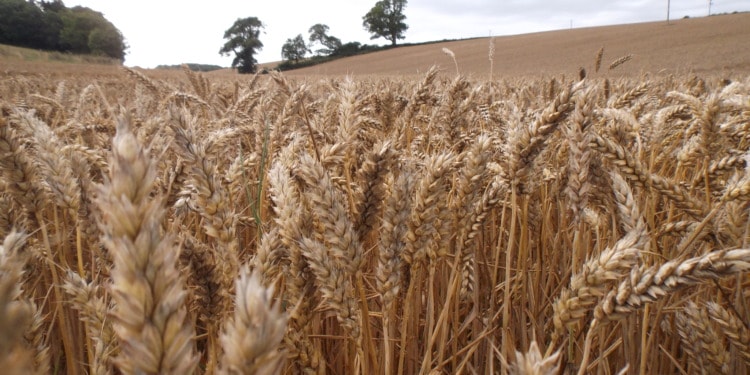Update 24 July: Russia and Ukraine signed separate agreements Friday with Turkey and the United Nations freeing millions of tons of Ukrainian grain that have been blockaded in Black Sea ports by Russian forces. On Saturday, Russian missiles struck Odesa, the main port from which Ukrainian grain is exported, throwing doubts on Russia’s commitment to the agreement. Condemnation from the international community was immediate: “Striking a target crucial for grain export a day after the signature of Istanbul agreements is particularly reprehensible & again demonstrates Russia’s total disregard for international law & commitments,” tweeted EU foreign policy chief Josep Borrell:
EU strongly condemns Russian missile strike on Odesa’s seaport. Striking a target crucial for grain export a day after the signature of Istanbul agreements is particularly reprehensible & again demonstrates Russia’s total disregard for international law & commitments#StopRussia
— Josep Borrell Fontelles (@JosepBorrellF) July 23, 2022
The agreement, signed after months of talks, will also make it easier for Russia to export grain and fertiliser.
Russian Defense Minister Sergei Shoigu and Ukrainian Infrastructure Minister Oleksandr Kubrakov signed separate deals with UN Secretary-General Antonio Guterres and Turkish Defense Minister Hulusi Akar. The ceremony in Istanbul was witnessed by Turkish President Recep Tayyip Erdogan.
The deal will enable Ukraine to export 22 million tons of grain and other agricultural products that have been stuck in Black Sea ports for months – a crucial step toward easing the present food crisis.
“A deal that allows grain to leave Black Sea ports is nothing short of lifesaving for people across the world who are struggling to feed their families,” said Red Cross Director-General Robert Mardini, who noted that over the past six months prices for food staples have risen 187% in Sudan, 86% in Syria, 60% in Yemen and 54% in Ethiopia.
The European Union, US and Britain all welcomed the agreement.
“This is a critical step forward in efforts to overcome the global food insecurity caused by Russia’s aggression against Ukraine,” said European Union foreign policy chief Josep Borrell. “Its success will depend on the swift and good faith implementation of today’s agreement.”
Guterres said the plan, known as the Black Sea Initiative, opens a path for significant volumes of commercial food exports from three key Ukrainian ports: Odesa, Chernomorsk and Yuzhny.
The deal ensures safe corridors for ships to pass through the waters. To monitor them, a coordination centre will be established in Istanbul, staffed by UN, Turkish, Russian and Ukrainian officials.
Ships would undergo inspections to ensure they are not carrying any weapons. The unloading of grain will also be monitored by inspection teams that would include representatives of all parties involved.
According to officials, it will take a few weeks before the deal is fully working. Ukraine needs about 10 days to get the ports ready and also needs time to “identify and be clear about those safe corridors.”
The aim of the agreement is to export about five million tons of grains per month to empty Ukraine’s silos in time for the new harvest, UN officials said. The agreement is for a renewable 120-day period.
“Today, there is a beacon on the Black Sea,” UN Secretary General Guterres said. “A beacon of hope, a beacon of possibility, a beacon of relief in a world that needs it more than ever.”
Editor’s Note: The opinions expressed here by Impakter.com columnists are their own, not those of Impakter.com – In the Featured Photo: The war has disrupted global agricultural exports from Russia and Ukraine, two grain exporting powerhouses that accounted for 24% of global wheat exports by trade value, 57% of sunflower seed oil exports and 14% of corn from 2016 to 2020, according to data from UN Comtrade. Photo credit: Flickr.com









